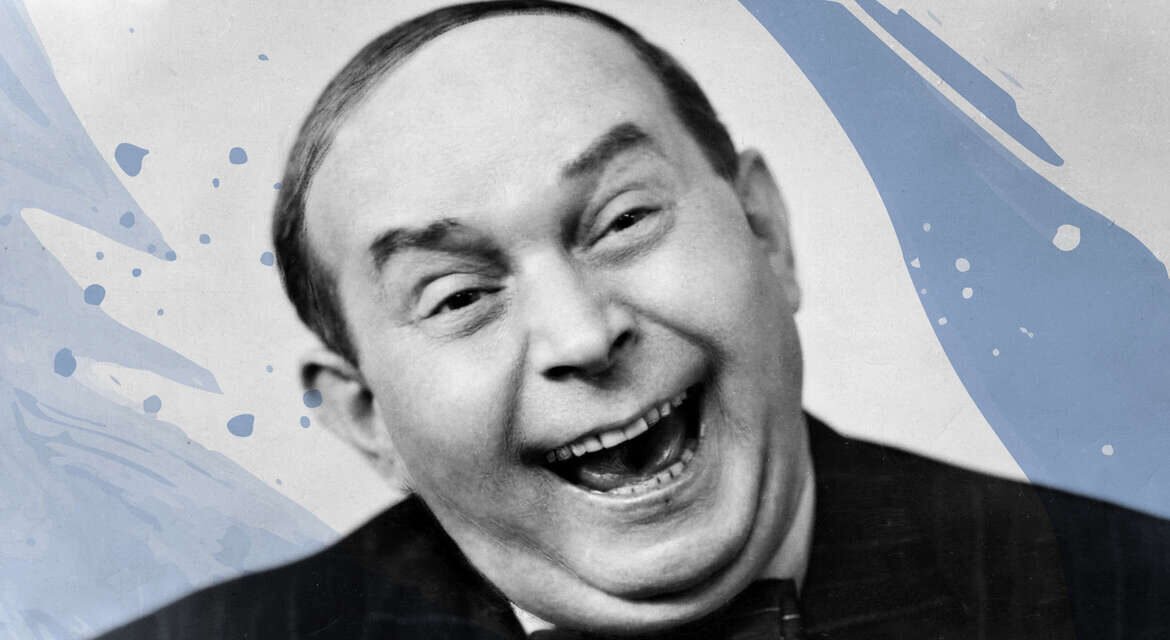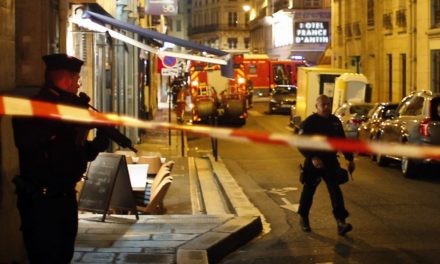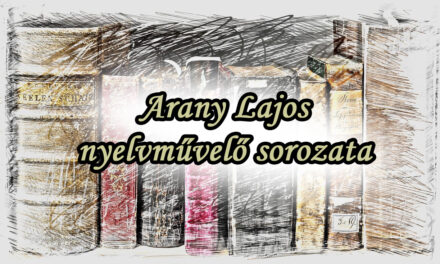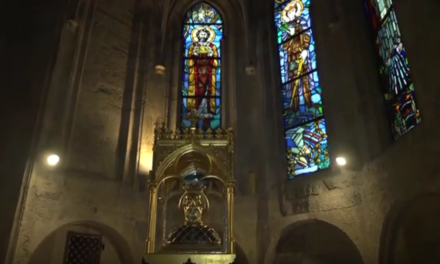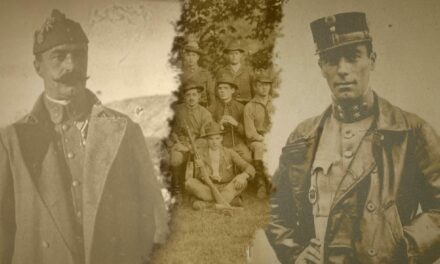Gyula Kabos feared starvation after his emigration, he died young and poor in New York, and his grave was only discovered much later.
Gyula Kabos, the greatest comedian of Hungarian cinema and still a popular actor, was given much less business acumen by fate than his talent as a performer. Despite this, he bravely ventured into business, in 1918 he opened Vigadó Variete in Nagyvár under the name Gyula Kann, which ended in financial bankruptcy after the end of the First World War.
That's when he met Mária Puhalag, dr. who fell on the Italian front. With his war widow Imre Surányi, whom he married on March 8, 1919. The widow had an eight-year-old daughter, Gabriella, and not long after, their joint child, György István Kabos, was born.
Kabos moved with his family back to Budapest, where he became more and more popular, and they could have lived carefree if he had not accepted the position of director of the bankrupt Capital Operettszínház in 1929. After the initial successes, it also ended in a huge failure, with a debt of two hundred thousand pengos.
"Two years ago, I had the unfortunate thought that maybe I could succeed in something bigger. Then I took over the Operetta Theatre, but I failed. It resulted in a debt of approximately two hundred thousand pengő. I moan and I can't get out of it. Everything belongs to the creditors. If I don't play for two days, I don't have an iron on the third day"
- declared the actor, who did not live a debauched life, but smoked three packs of cigarettes a day and drank black coffee from a glass of water. His colleague, Klári Tolnay, said that while others rushed to the cafeteria during the filming break, Kabos sat alone in the porter's booth and smoked a cigarette there.
role of Mátyás Schneider in the film comedy in 1931 , the lackey After that, he appeared in 45 films in seven years, for example in 1938 he took part in 17 shootings, while also playing in the Vígszínház, but
most of his considerable earnings were taken by the banks to pay off his debt.
The fact that he cheated on his wife with a young actress who gave birth to a daughter shows how naive and gullible he was not only in the movies, but also in his personal life. Kabos kept this affair a secret, but his wife found out that he was visiting and financially supporting her daughter, but only told her when she found out that the lover had cheated on her husband. He didn't want Kabos to become a laughing stock in front of his colleagues.
Despite his infidelity, Mária stood by her husband, stayed with him when he fled fascism to America, where she took care of him until the day of her death.
In 1938, after the first Jewish law, Kabos could not act in the theater or appear in films because of his origin. Kabos did not understand how racial considerations could override professional considerations when awarding a film or theater role. Due to increasingly strong anti-Semitism, he sent his son István to study at a university in London, and then traveled to New York with his wife in February 1939.
Since he spoke English well, he believed that he would accumulate a considerable fortune in America, from which he could return home a rich man after the war.
The exact opposite happened, he did not get a role in American films, he was completely ignored. Thus, he only entertained the Hungarian-speaking audience with occasional performances. Their livelihood was made difficult by the fact that he had to constantly send money from his small earnings to cover his son's university studies in England.
After a one-year stay in America, he wrote about their situation in a letter in 1940:
“Darlings, we've been down all the way to St. Louis, but it wasn't worth it. All this tour meant was that we were able to send Pista $100 once, $80 once, and he earned us another $350-400 and, let's say, 5 weeks' supply. So nothing! You can earn that much by baking potatoes back home."
One of his American friends told me that because of his constant financial problems, he was afraid that he would starve to death, so he bought an unnecessary amount of food if he could. Moreover, due to his wife's illness, he also learned to cook, because they had no money for a restaurant.
Finally, in the fall of 1941, he got a minor role in a Brooklyn theater, where he fell ill during the performance and had a heart attack. His doctor banned him from the stage, but he could not rest because of his poverty, he returned to play. The second time he got so bad that he went to the hospital, where he got pneumonia, so they put him in an oxygen tent, but they couldn't save his life, he died on October 6th, 1941, at the age of 54.
The greatest Hungarian comedian was buried in Emerson, New Jersey, and the name Kobas was mistakenly written on his tombstone.
Since his wife returned home after the war, she died in Budapest in 1950, so for a long time it was not even known where her grave was. He was found after a long search, and his ashes were brought home in accordance with his wishes.
He was reburied in the Farkasrét cemetery on November 30, 1996.
The statement given by the great laugher at the age of fifty was about his whole life: "I am a very sad person, just a maniac of fun, and I do not rest until I see smiling faces around me. But anyway, it's a duty to be cheerful today, and you have to laugh even if you want to cry! I have a tip:
a decree should be made that everyone must do everything with a smile for a month"
- stated Gyula Kabos, whose proposal is perhaps still relevant today.

